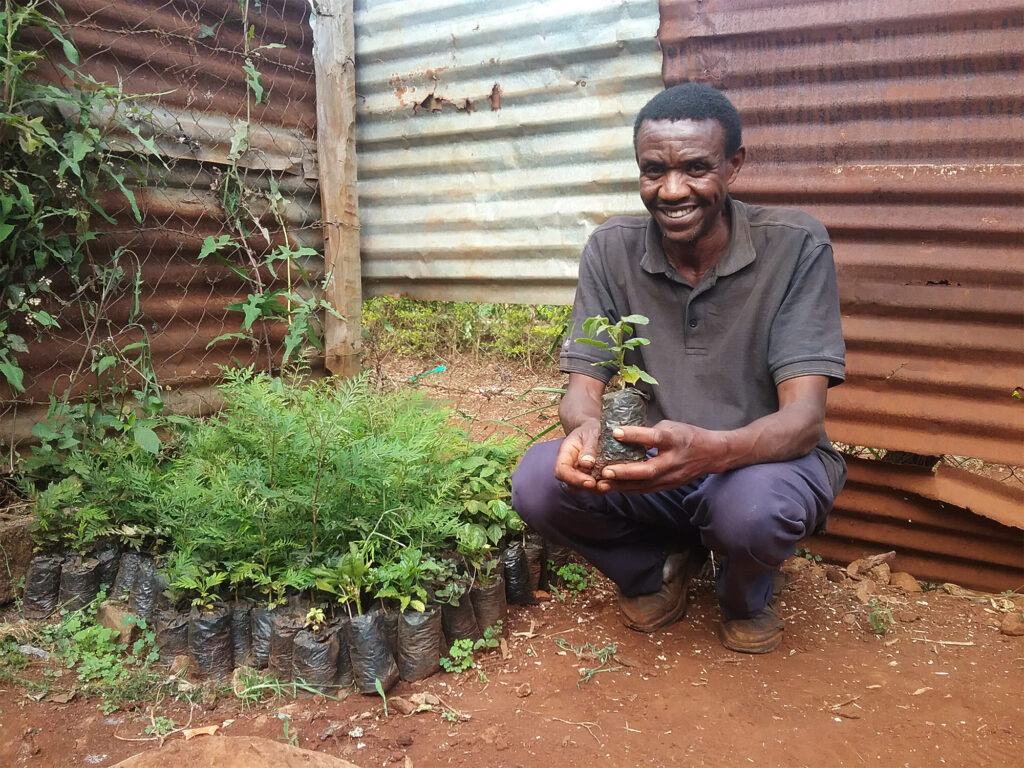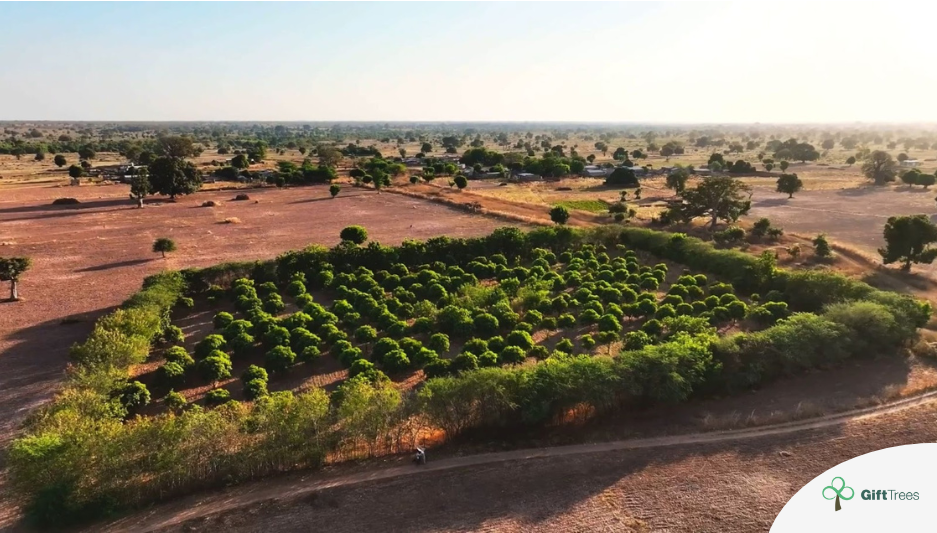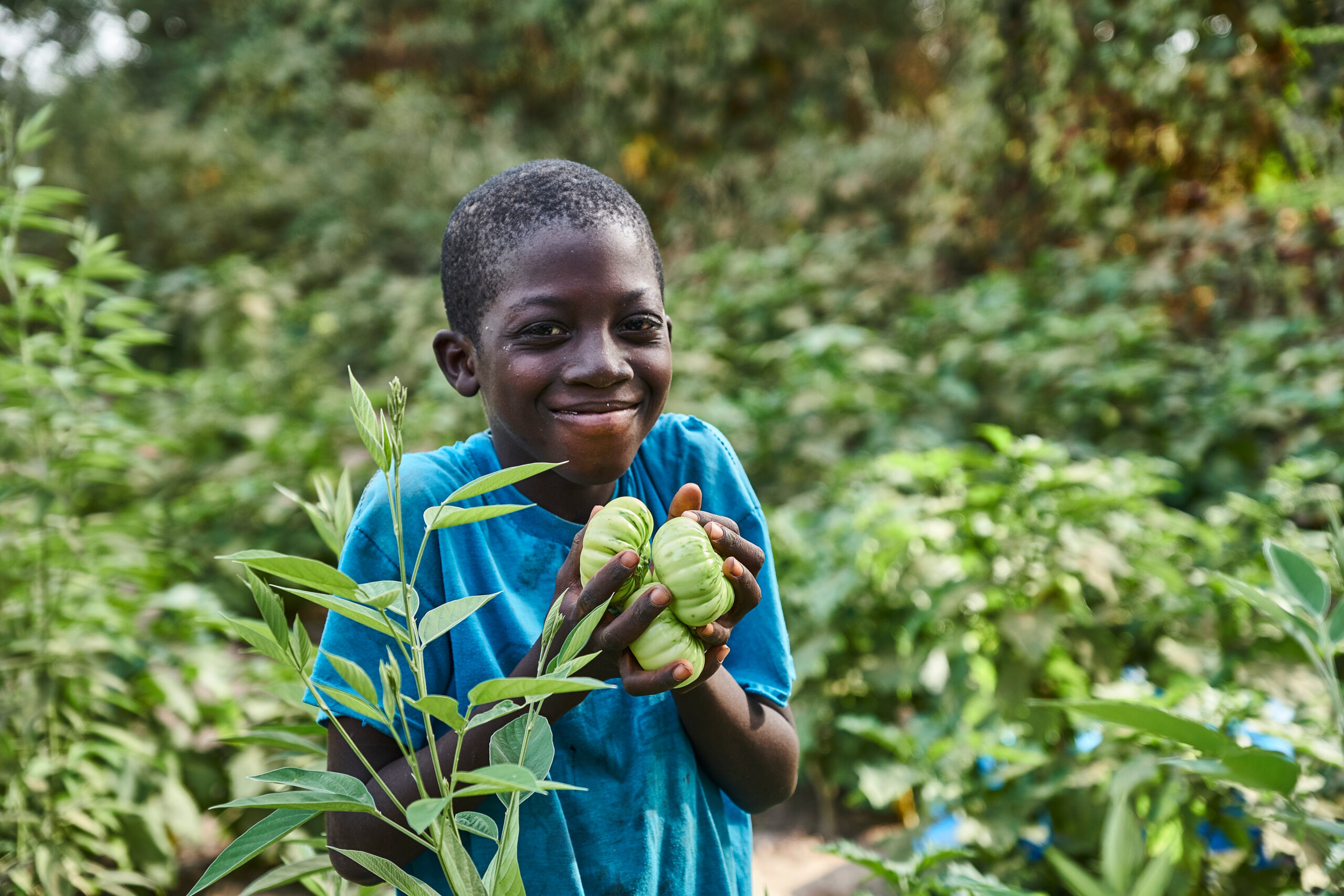
An extraordinary and unexpected consequence resulted when The Alchemist restaurant and bar chain launched its customer focused sustainability programme. At times it has brought staff team members to tears of positive emotion, and as the hospitality group’s Talent and Culture Director, Hannah Plumb, says, it has had a profound effect on staff, and on a personal level she feels privileged to be part of it.
The story started with The Alchemist looking to add another dimension to its already established sustainability programme, that had made substantial inroads in reducing waste and carbon emissions. It decided to adopt GiftTrees, which would create customer involvement in making significant additional improvement to existing environmental strategy, plus it would be an effective way of applying social good. No one imagined the impact it would turn out to have on the chain’s restaurant teams.
‘I’m so glad we did this. This has made such a difference, and it will make such a difference,’ says Plumb.
The way in which GiftTrees works is by diners agreeing to add a small amount to meal bills to pay for the planting of a fruit in a region of economic deprivation. This creates agroforestry to offset carbon emissions, lifts some of the world’s poorest communities from poverty, creates food, revitalises local economies, rejuvenates eroded soil and benefits wildlife. For 123 pence, a fruit tree is planted that can negate as much as a ton of carbon. More than 280,000 trees have so far been planted through the combined efforts of The Alchemist and its customers.
The introduction of GiftTrees quickly became popular with diners. Approximately only one per cent opt out of contributing. In fact, GiftTrees has become a sales asset by enhancing the dining experience to generate repeat bookings, and create customer recommendation through word of mouth and social media. One popular element is the use of a feature introduced to onto The Alchemist app, that allows diners to track the planting of their own specific trees via geotagging on a mapping system. They can see their individual fruit tree orchards grow every time they make a contribution.

But the scale of the positive impact on staff has been what is most unexpected. This is partly due to an important ingredient in the GiftTrees package of rewarding participating restaurants with Tokens that enable restaurant employees to visit the agroforestry they help create. This has altered the lives of staff members forever.
As Restaurant Trainer Kelsie Baxter says, ’It’s just changed the way I will look at life. This experience is one of the best things. I’m really grateful.’
This sentiment is reflected by Senior Front of House Trainer Paula Jackson-McDonald. ’Getting involved with GiftTrees was the best thing I’ve ever done, for sure.

Kate Kowell, Duty Manager adds, ’Helping people that will never know you exist is an insane weird feeling that’s amazing. You’re giving them food, you’re giving them an income. This is just amazing.’
The knowledge that as restaurant employees, staff at The Alchemist are able to help make such a difference to the planet and the lives of some of the World’s poorest people is summed up by Isaac, who works front of house.
‘I’d like to look back in five years time, and think that was when I changed my life. I want to keep planting trees. I think it’s a genius idea. It’s solving two of the biggest issues at the same time, climate change and poverty. I just want to keep doing it.’
One of the key engagement and motivational aspects of the agroforestry programme is that employees know exactly where fruit trees are being planted in the Usambara Mountains in North Eastern Tanzania. This is due to the geotagging. Developments can be tracked accurately enabling employees to follow progress in detail, plus they fully understand the benefits they are helping create, including the good it is having on the local people, many of whom they know and recognise from video clips and personal visits.
One of the results is that staff bond over the joint sense of purpose that runs through the restaurant teams. It is something that Plumb identifies in the sense of belonging, purpose and togetherness that has been reinforced though the programme, and she recognises the great importance of the need to create something beyond picking up a monthly wage for doing a job well.
‘I’m very passionate about our partnership with GiftTrees,’ she says. ‘Young people want to feel a part of something bigger than just a job. You’re not going to work just for the sake of going to work. You’re part of something bigger. It’s like a sense of belonging to what you do.’
The returns from introducing robust social and sustainability strategy are becoming increasingly well recognised, particularly when it comes to younger demographics.
Research by Randstad of 35,000 employees, found almost 50 per cent of Millennials and Gen Zs state they will not take a job unless a company matches their social and environmental values, and share their moral principles. A study by Talent Solutions found that the majority of individuals want to work for an organisation that reflects their beliefs, and the job they do should improve society in some way even if it is not the primary function. Also, a report by McKinsey discovered that the better the ESG programme, the more the best talent will want to work for an employer.
The research identifies that the younger the employee, the more concern they have for both planet and social challenges. For a sector like the hospitality industry so reliant on Millennials and GenZs, it is important to recognise the importance of ESG in recruiting, retaining and motivating staff.
However, having an effective ESG strategy is one thing, but creating employee interaction, and ensuring they are aware of the details of results, is another. Done correctly, The Alchemist demonstrates that it can become a powerful human resources tool as well as fulfilling environmental and social commitment goals. The influence it can have on employees should not be underestimated. At a basic level it successfully addresses the key challenges of productivity, recruitment, retention and absenteeism, but more than that, it also elicits positive emotion that feeds on itself.

The positive infectious engagement created inevitably permeates to being felt by all third parties that employees have contact with, including customers. For restaurants, and all other areas of the hospitality sector, staff interaction with ESG programmes should be recognised as an effective option for performance improvement.


